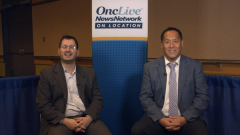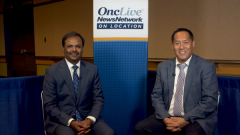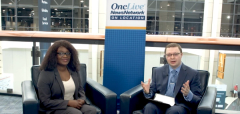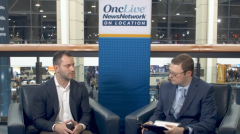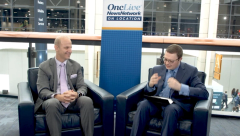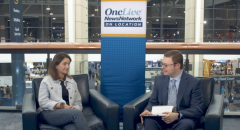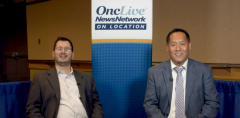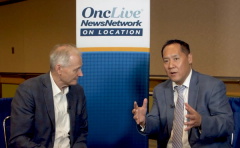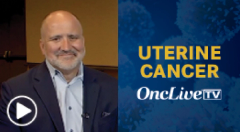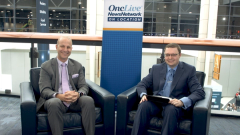
Dr Tarantino on Research in HR+ Breast Cancer
Paolo Tarantino, MD, and Yan Leyfman, MD, discuss ongoing investigations into the treatment of HR+ breast cancer presented at the 2024 ASCO Annual Meeting.
Episodes in this series

Paolo Tarantino, MD, researcher, the European Institute of Oncology; clinical research fellow, Dana-Farber Cancer Institute, and Yan Leyfman, MD, internal medicine and clinical researcher, Mount Sinai; co-founder, executive director, MedNews Week; executive committee member, Music Beats Cancer, discuss ongoing investigations into the treatment of patients with hormone receptor (HR)–positive breast cancer on
Leyfman begins by stating that breast cancer was one of the major themes at the 2024 ASCO Annual Meeting. He states that there’s an abundance of data and numerous trials to review, including the
Tarantino begins by saying that the findings from postMONARCH were highly anticipated as they addressed a critical question: Can oncologists sequence CDK4/6 inhibitors? These drugs, which target the cyclin D-CDK4/6 pathway, have revolutionized the treatment of patients with HR-positive breast cancer, he says. However, different studies have shown varying outcomes regarding the sequencing of 1 CDK4/6 inhibitor after progression on another, Tarantino reports. postMONARCH evaluated abemaciclib (Verzenio) in combination with fulvestrant (Faslodex) in patients with HR-positive disease after progression on CDK4/6 inhibitors. The biggest beneficiaries of this research will undoubtedly be the patients, as these findings expand the treatment options available to achieve long-term positive outcomes in this population, Leyfman expands.
Another significant study making headlines at ASCO was the



